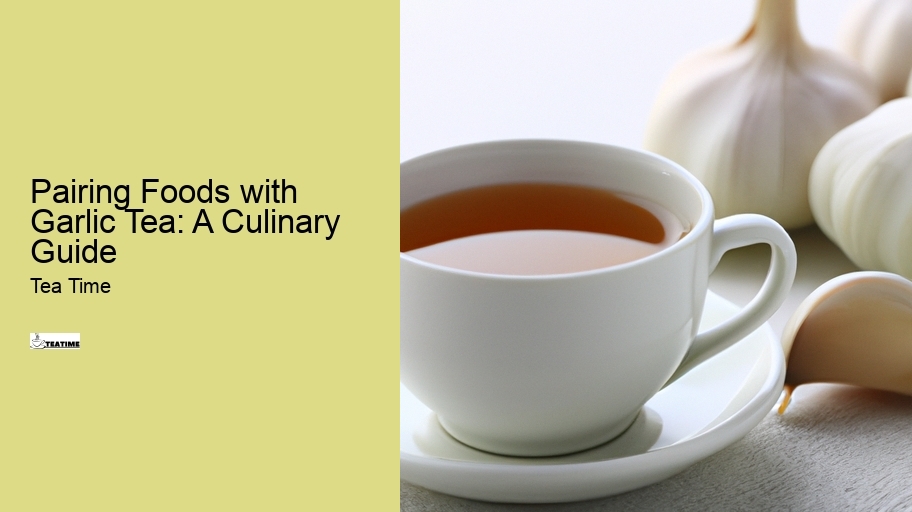

Garlic tea can be particularly beneficial during certain seasons. In the colder months, it can provide a warming effect and help boost the immune system, making it a great choice during flu season.
In the spring, when allergies are prevalent, garlic tea's anti-inflammatory properties can provide relief from allergic reactions. Drinking garlic tea regularly during this time can help alleviate allergy symptoms and support respiratory health.
During the summer, garlic tea can be enjoyed cold as a refreshing beverage. This can be a unique way to stay hydrated and still reap the health benefits of garlic. Adapting the use of garlic tea to suit different seasons can maximize its health benefits year-round.
Garlic tea can be a beneficial addition to an athlete's diet. The anti-inflammatory properties of garlic can aid in muscle recovery and reduce soreness post-exercise. This can be particularly helpful for athletes undergoing intense training regimens.
The immune-boosting properties of garlic are also beneficial for athletes, who may be more susceptible to infections due to intense physical exertion and stress on the body. Herbal Infusions Regular consumption of garlic tea can help strengthen the immune system, keeping athletes healthy and ready for their training.
Additionally, the potential cardiovascular benefits of garlic, such as improved blood circulation and heart health, can enhance athletic performance. However, it's important for athletes to consult with nutritionists or healthcare professionals to incorporate garlic tea into their diet appropriately, ensuring it complements their specific nutritional and training needs.
Garlic tea might have unexpected benefits for sleep quality due to its relaxing properties. While garlic is known for its robust flavor and health benefits, it also contains compounds that can help soothe the nervous system. This can be particularly beneficial for those who struggle with sleep disturbances.
The key, however, is moderation and timing. Drinking garlic tea too close to bedtime might be counterproductive due to its potential to invigorate the body. It's recommended to enjoy garlic tea earlier in the evening, allowing time for its soothing effects to aid in relaxation before sleep.
Incorporating garlic tea into your evening routine can be a comforting ritual. Its warmth and aroma can provide a sense of relaxation, setting the stage for a restful night. Pairing it with calming activities like reading or meditation can further enhance its sleep-promoting benefits.
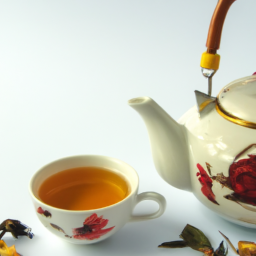
Adopting eco-friendly practices in preparing and enjoying garlic tea can contribute significantly to environmental sustainability. Opting for organic garlic grown without harmful pesticides and fertilizers is a step towards supporting sustainable agriculture.
When brewing garlic tea, consider using loose garlic cloves instead of pre-packaged tea bags, which often contain non-biodegradable materials. Using a reusable tea infuser or strainer reduces waste and the environmental footprint of your tea-drinking habit.
Finally, sourcing garlic locally when possible reduces transportation emissions associated with long-distance food transport. Supporting local farmers not only contributes to reduced carbon footprint but also promotes community-based sustainable practices.
Garlic tea's potential impact on cholesterol levels is another of its noteworthy health benefits. Regular consumption of garlic tea can contribute to maintaining healthy cholesterol levels, a key factor in cardiovascular health. The active compounds in garlic, particularly allicin, are believed to influence cholesterol metabolism.
While garlic tea can be a beneficial addition to a heart-healthy diet, it's important to note that it should complement a balanced nutritional plan and lifestyle. It's not a substitute for prescribed cholesterol-lowering medications but can be part of an overall strategy to manage cholesterol levels.
As always, consult with a healthcare professional before making significant changes to your diet, especially if you have existing health conditions or are on medication. This ensures that garlic tea is consumed in a way that supports your health goals without interfering with your medical regimen.
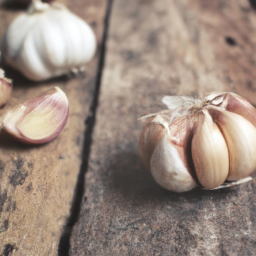
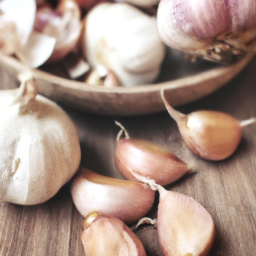
Enhancing garlic tea with other herbs can elevate both its flavor and health benefits. Popular combinations include adding ginger, known for its digestive and anti-inflammatory properties, or turmeric, which offers additional antioxidant benefits. These herbs complement garlic’s robust flavor and amplify its health effects.
For a calming blend, consider pairing garlic with chamomile or lavender. These herbs are known for their relaxing properties and can make garlic tea a soothing evening drink. Alternatively, adding a hint of mint or lemon balm can create a refreshing and invigorating tea, perfect for morning consumption.
Experimenting with different herbal combinations allows for personalization of garlic tea to suit individual health needs and taste preferences. Each herb brings its unique benefits, making garlic tea a versatile and customizable beverage for various wellness goals.
Garlic tea's presence in various cultures underscores its global appeal and versatility. In some Asian cultures, garlic tea is a traditional remedy for colds and respiratory issues, prized for its warming and healing properties. In other regions, it's consumed for its digestive benefits or as a general health tonic.
The preparation methods and accompanying rituals of garlic tea vary widely.
Exploring the different ways garlic tea is enjoyed around the world can be a fascinating journey. It highlights the universal appeal of natural remedies and the adaptability of garlic tea to different tastes and health practices.
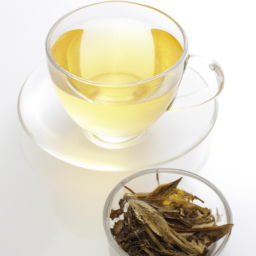
Garlic tea might aid in weight loss as part of a balanced diet and healthy lifestyle. Garlic can boost metabolism and help in regulating appetite, but it should not be relied on as a sole method for weight loss.
There is no standard recommendation, but moderate consumption, such as a cup a day, is generally considered safe and beneficial. It's important to listen to your body and adjust the frequency based on how you feel.
Garlic tea offers a range of health benefits due to its rich content of antioxidants and compounds like allicin. It's known for boosting the immune system, reducing inflammation, aiding in heart health by managing blood pressure and cholesterol levels, and it may also have antibacterial and antiviral properties. Additionally, it can aid in digestion and respiratory health, and some suggest it might help in weight management.
While garlic tea is safe for most people, it may not be suitable for everyone. Individuals with garlic allergies, those on blood-thinning medications, or pregnant and breastfeeding women should consult a healthcare professional before consuming garlic tea. Excessive consumption can also lead to digestive discomfort in some people.